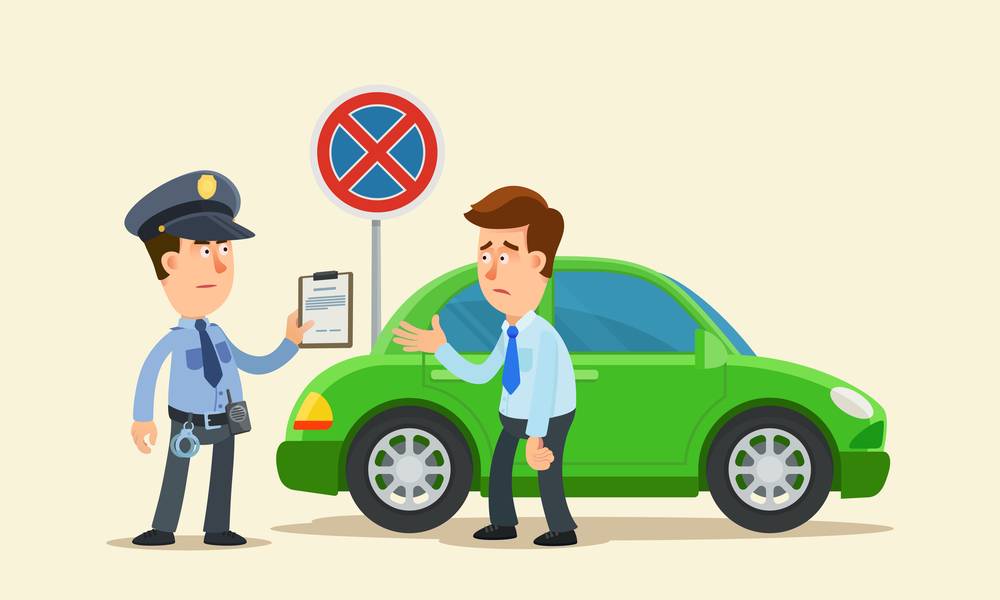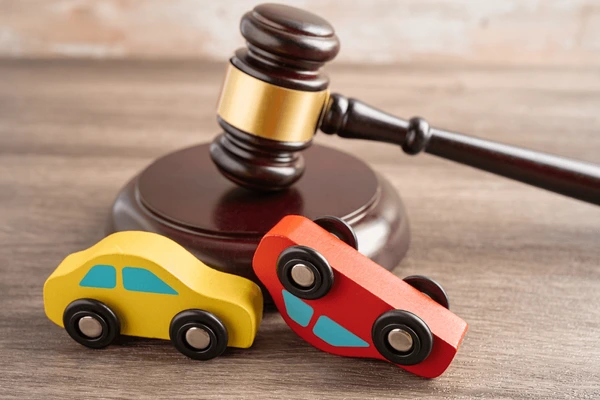Understanding car registration laws is essential for vehicle owners to ensure compliance with legal requirements and avoid unnecessary fines or penalties. These laws vary by state or country and encompass a range of procedures, from registering new vehicles to renewing registration for existing ones. This article provides a comprehensive guide to car registration laws, the common pitfalls to avoid, and tips to ensure a smooth process.
What Are Car Registration Laws?
Car registration laws govern the process of legally registering a vehicle with the appropriate government authority. Registration links a car to its owner, providing a unique license plate number and legal proof of ownership. The process typically involves submitting necessary documentation, paying registration fees, and ensuring the vehicle meets local safety and emissions standards.
Key Aspects of Car Registration Laws
- Initial Registration: When purchasing a new or used vehicle, the owner must register it within a specific timeframe, usually ranging from a few days to a month.
- Renewal Requirements: Vehicle registrations must be renewed periodically, often annually or biennially, depending on jurisdictional regulations.
- Emissions and Safety Checks: Many states require vehicles to pass emissions and safety inspections before they can be registered or have their registration renewed.
- Transfer of Ownership: When selling or buying a car, transferring registration to the new owner is a legal requirement.
Common Pitfalls in Car Registration
Missing Deadlines
One of the most frequent mistakes is failing to register a vehicle within the mandated timeframe. This can result in fines, late fees, or even vehicle impoundment in severe cases.
Incomplete Documentation
Car registration typically requires documents such as proof of ownership, identification, insurance, and inspection certificates. Submitting incomplete or inaccurate paperwork can delay the process or lead to rejection.
Neglecting Emissions and Safety Inspections
In jurisdictions where inspections are mandatory, failing to complete them on time can prevent registration or renewal. Regular vehicle maintenance can help avoid last-minute inspection failures.
Overlooking Address Changes
If you move to a new state or address, you are often required to update your vehicle registration. Neglecting this step can result in penalties or legal complications.
Using Expired Registration
Driving with an expired registration is illegal and can lead to fines or vehicle impoundment. Set reminders for renewal deadlines to stay compliant.
Steps to Ensure Smooth Car Registration
Research Local Laws
Car registration laws vary widely by state or country. Familiarize yourself with your local regulations to understand deadlines, fees, and required documentation.
Gather Necessary Documents
Prepare all essential paperwork, including proof of ownership (e.g., title or bill of sale), insurance documents, identification, and inspection certificates. Check with your local Department of Motor Vehicles (DMV) or equivalent agency for a complete list.
Schedule Inspections in Advance
If inspections are required, schedule them well before your registration deadline. Address any issues identified during the inspection to ensure compliance.
Keep Track of Deadlines
Mark your calendar or set digital reminders for registration renewal dates. Many jurisdictions offer online renewal options, making it easier to complete the process on time.
Update Your Registration After Relocating
If you move to a new state or address, update your vehicle registration promptly. This often requires reapplying for registration and obtaining new license plates.
Online vs. In-Person Registration
Many states now offer online car registration services, allowing vehicle owners to complete the process conveniently. However, some situations, such as transferring ownership or registering an out-of-state vehicle, may require an in-person visit to a DMV office.
Benefits of Online Registration
- Time-saving and convenient
- Easy access to renewal reminders
- Immediate payment confirmation
When In-Person Registration Is Necessary
- First-time registration for a new or used vehicle
- Address or state changes
- Registration involving legal name changes or lienholders
Conclusion
Car registration laws are essential for ensuring legal ownership and compliance with safety and environmental standards. By understanding the requirements, preparing documentation, and adhering to deadlines, vehicle owners can avoid common pitfalls and streamline the registration process. Whether registering a new car or renewing an existing registration, staying informed and proactive is key to maintaining legal compliance and avoiding penalties.





